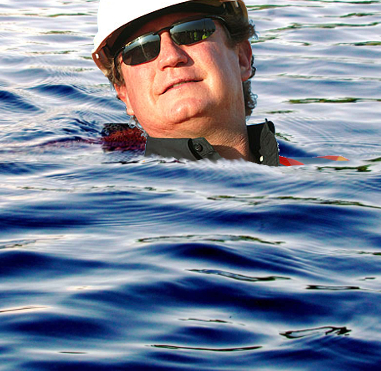Forrest offers big fix for farmers
 Iron ore billionaire Andrew 'Twiggy' Forrest wants to drought-proof Australia.
Iron ore billionaire Andrew 'Twiggy' Forrest wants to drought-proof Australia.
“The dream I want to share with you is an Australia which does not fear lack of water,” he told a conference in Canberra last week.
Mr Forrest has a plan to harvest 5,000 gigalitres of water from underground aquifers and rivers and move it to existing agricultural areas.
He says this will keep farms going while also opening up thousands of hectares for new agricultural projects.
Forrest announced his grand waterproofing plan at the annual ABARES (Australian Bureau of Agricultural and Resource Economics and Sciences) Outlook conference in Canberra.
He says the dream can become reality with the help of Chinese money and Australian brains.
“Development of such a massive and underutilised resource will take serious investment,” he said.
“I can assemble the people with that same innovative spirit and project leadership that helped me build Fortescue from scratch to the great company it is today.”
Mr Forrest said spending big on farming infrastructure would let Australia get the full value of recent free trade agreements with Asian countries.
He says the Canning Basin in Western Australia would be a good place to start.
“If we locate many of our water intensive industries to the Canning Basin where there is yet none we'd barely dent its huge water carrying capacity,” he said.
“Each year it recharges it’s literally topped up again like a bath tub. Take it out at one end, it’s topped up again the other.”
Forrest says the agricultural sector today reminds him of the opportunities he saw when he started Fortescue.
“I had a vision for the iron ore industry and now it's one of the world's largest iron ore complexes exporting $15 to 20 billion worth of iron ore a year,” he said.
National Farmers' Federation chief executive Simon Talbot erupted in praise for Mr Forrest's vision.
“Twiggy is great,” Mr Talbot said.
“The one thing we need in agriculture is leadership. We want to see Twiggy invest and other entrepreneurs invest as well.”
Beyond what was mentioned at the conference, the plan for the vast majority of the country outside the Canning Basin remains unclear.







 Print
Print